The latest net-metering policy changes proposed by the Maharashtra Electricity Regulatory Commission (MERC) is a step-back by the state which completely strips the commercial and industrial (C&I) segment of net-metering benefits and, in turn, the benefits of rooftop solar altogether.
The proposal to withdraw the net-metering facility to large consumers—C&I establishments—exposes the double standards adopted by the policymakers when it comes to promoting solar and fighting climate change and making India less dependent on imported fossil fuels.
Rooftop solar has been seen by many industry players in the state of Maharashtra as not just a means to an alternative source of energy but also a genuine savings instrument. With over 200 to 350 days of sunlight every year and available average radiation of 4 to 6 KWh/sq.m over a day, the state has the right geography to maximize the benefits of solar.
It is a testament to the same that the state has set a target of achieving 12 GW of solar power by 2022. But with policy changes like the one proposed for net-metering, it is very difficult to see where those lucrative numbers will come from.
What the proposal means
The proposal says that consumers with more than 300 units of electricity generation per month from their captive plants will necessarily have to sell any units generated in excess of 300 units to DISCOMs at a tariff of around Rs 3.64/unit and will have to pay for the power purchased from the DISCOM at the published rates which are close to Rs 10-11 per KWh.
In comparison, under net metering, electricity generated by the solar rooftop system is first utilized by the consumer to meet their internal/captive requirements. Excess electricity, if any, is exported to the grid. Subsequently, when the consumer imports power from the grid, the exports are adjusted against the imports, lowering the electricity bill.
Clearly, the new proposal is against the natural and fair principle of consumers’ right to choose the source of energy they want to use for their buildings or factories. Further, it puts the consumers at a disadvantage as differing rates are used for the electricity fed into the grid and electricity purchased from the grid.
Repercussions
The industry has been quick and unanimous in its response to these recently released draft rooftop solar guidelines.
This move will kill the business case for a consumer, especially those in the C&I segment wanting to switch to solar, as it clearly favours the interests of a state-run DISCOM over the general consumer.
Against the existing norm of first consuming all the solar power generated and exporting the excess power to the grid and getting full adjustment in the next month’s billing cycle, the consumers now will only get Rs 3.64/unit reduction in their electricity cost, which is not even sufficient to recover their capital costs in setting up solar infrastructure. If these regulations are notified, it would mean the end of rooftop solar in the state and that would be such a pity.
There is a complete disconnect between the central government’s goal of achieving 100 GW of solar by 2022 and the states’ short-sightedness in rolling back net metering. While these rollbacks are intended to alleviate DISCOM losses, they ignore the economic benefits of net-metering and ultimately solar, which were the cornerstone reasons for people to opt for it in the very first place.
The regulators should play a non-partisan and non-political role and not just protect the interests of the DISCOMs. This move, if it goes through, could virtually see the uprooting of an entire industry, which, as it is, is fighting enough battles against a state of real prominence.
MYSUN is a leading technology backed rooftop solar solutions and services company. It offers customised solutions to Commercial & Industrial as well as Residential consumer segments along with in-house financing solutions to provide easy buying options for customers including its SME/MSME clients.
The views and opinions expressed in this article are the author’s own, and do not necessarily reflect those held by pv magazine.
This content is protected by copyright and may not be reused. If you want to cooperate with us and would like to reuse some of our content, please contact: editors@pv-magazine.com.
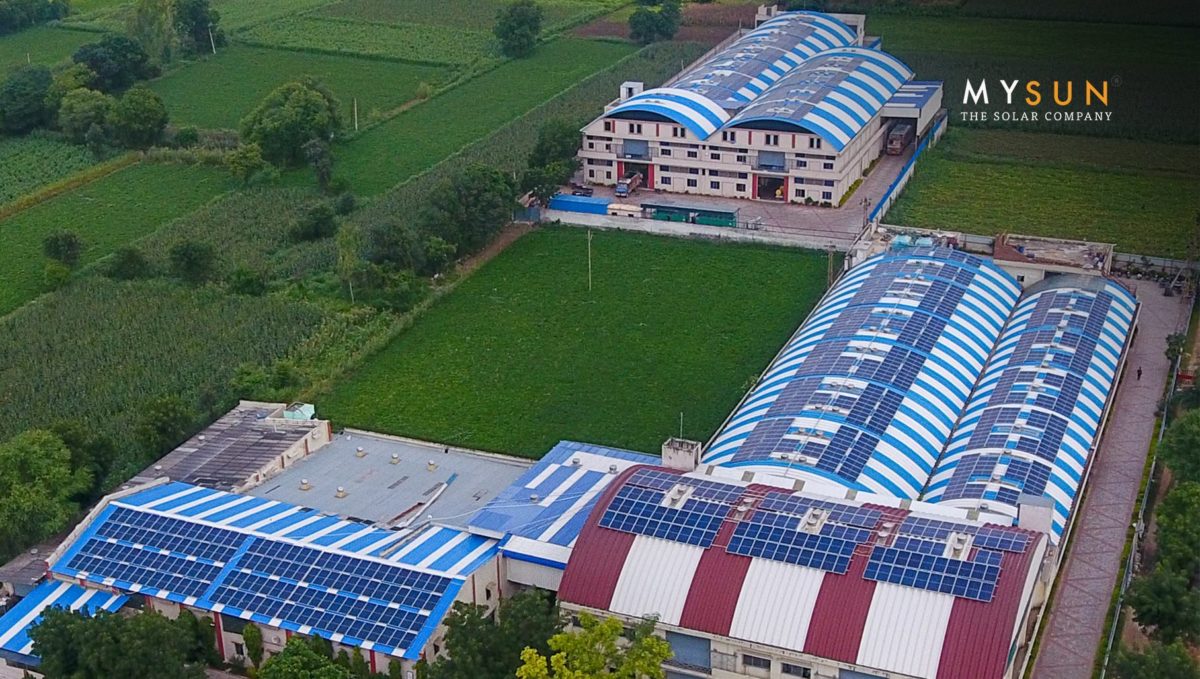
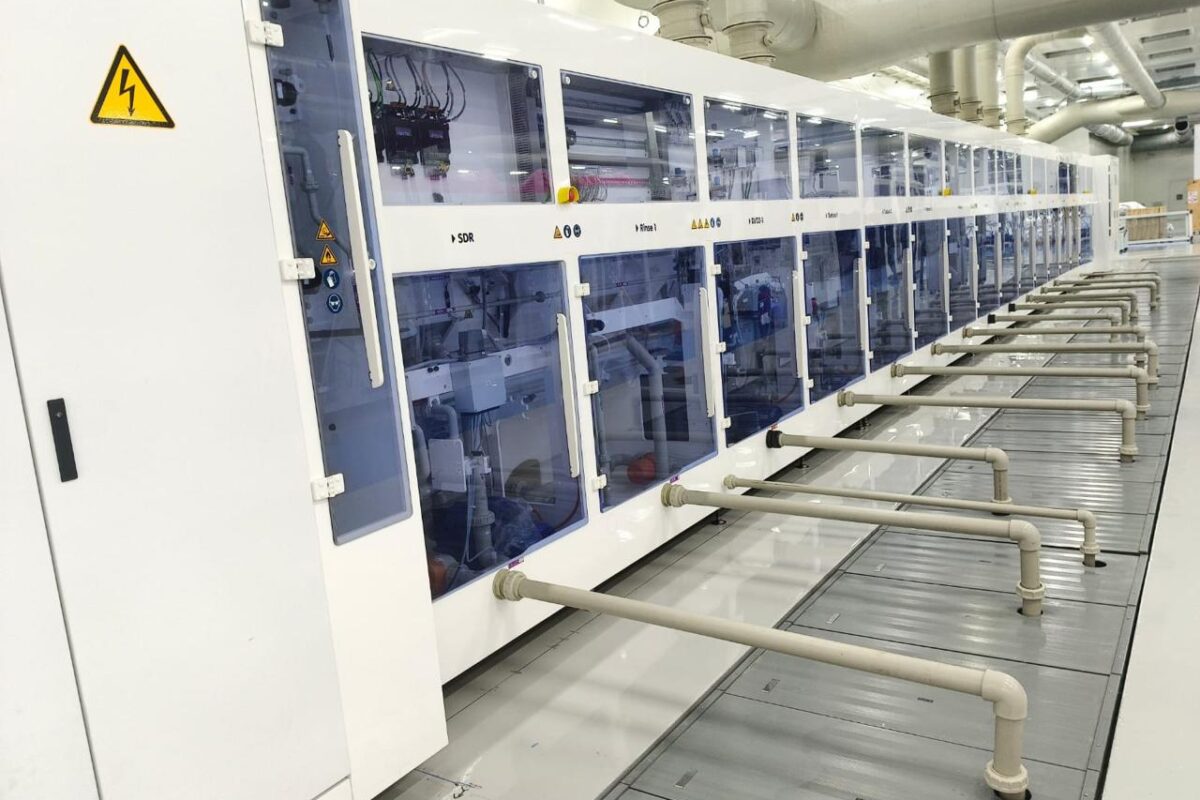

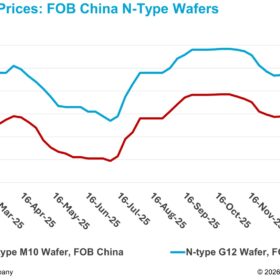
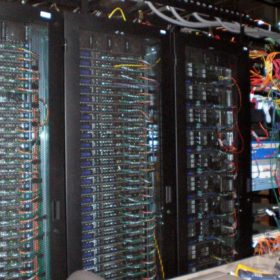
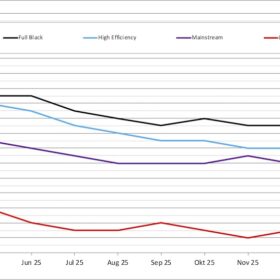

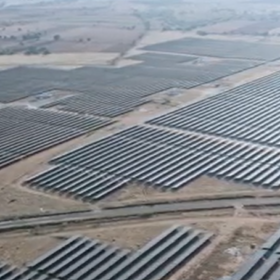
Wouldn’t this mean that solar customers now get an incentive of up to 7Rs/unit to install batteries to increase the selfconsumption without injecting in and taking back from the grid? At the same time batteries would help alleviate peak hour production impact on the grid and the need for grid expansion.
This might be a base for negotiation with the regulator and the DISCOMs. Adding batteries maybe faster and cheaper than grid extensions.
That’s technically correct but practically it still means that the customers pay more per unit of solar energy than they should.
Solluz Energy is a leading Solar Panel Company in India. We deliver sustainable energy solutions with top-notch installations and maintenance services across India service. Our mission is to harness solar power for a greener, brighter future. Join us in powering progress with clean, renewable energy! Anand Retails is a leading Retail Store Fixtures with 60+ years of expertise. We craft immersive, brand-centric spaces through innovative design, precision manufacturing, and seamless installation, transforming retail experiences across India.